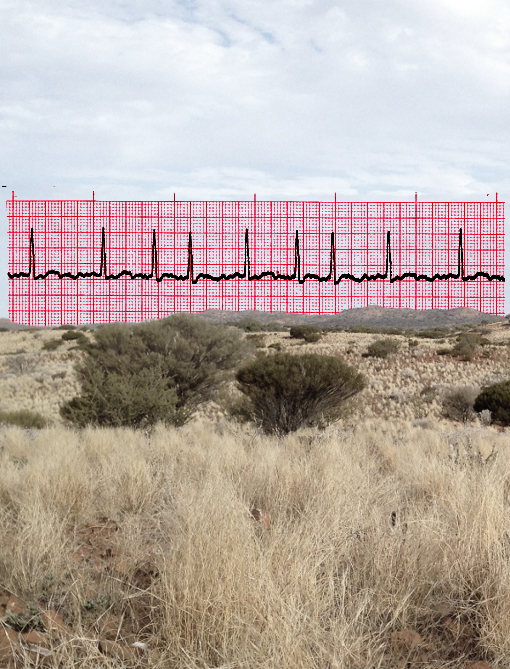Regional doctor talks stall
 Doctors say ongoing negotiations are putting health services in regional SA at risk.
Doctors say ongoing negotiations are putting health services in regional SA at risk.
South Australia’s Rural Doctors Association (RDA) and the Australian Medical Association are negotiating with the State Government on a new agreement for doctors working at country hospitals. But the organisations say the discussions have come to nothing.
RDA vice-president Scott Lewis says doctors need “significant change”.
“It comes as no surprise to anyone that we've seen an absolute degradation in the health services around rural South Australia,” he said.
“Every single location that's got a medium or large-size hospital is now substantially reliant on locums to keep the service going.
“What we're looking for is a commitment to the future of rural medicine from the government and from our Local Health Networks, and a contract that actually reflects the importance of having a highly trained, highly skilled and locally resident health workforce.”
Dr Lewis said the current deal incentivises doctors filling in as locums at regional hospitals on a temporary basis, rather than fully relocating to a community.
“It really is quite disheartening to see locations around us where those locum doctors, who are coming in to ostensibly fill a gap, are being paid upwards of $2500 for a 12-hour shift,” he said.
“They come in, they do their 12 hours, they leave, they don't have any added responsibility.
“But those of us who are residents in our towns, been residents in our towns for many many years, provide 24/7 cover, and we are being remunerated at a rate of about $315 for 24 hours.”
Several regional SA hospitals are staffed entirely with locum doctors.
“Back of the envelope sums suggest that the cost that the Port Lincoln hospital is now paying just for a locum doctor workforce to maintain the services there, is somewhere in the vicinity of $3 million a year,” Dr Lewis said.
“What we've been seeking in this contract negotiation is a package that is probably worth about half to three quarters of what they're paying for locums.”
Chief clinical advisor for SA Health's Rural Support Service, Hendrika Meyer, says she hopes the talks will continue.
“Clearly there are areas that the doctors are unhappy with, but we are yet to sit down and re-meet to work out exactly which of those areas they have the greatest concern with,” Dr Meyer said.
“We most certainly want to be able to have something that encourages ... those who are there already to stay in the area and continue to contribute as they do now, but also to be able to attract more doctors to be able to come and experience what we have.
“In the interests of everybody, we would like to see a solution as soon as possible.”
Dr Lewis said resolution is urgently needed.
“If our Local Health Networks don't make a significant investment into our rural areas, then our rural services are going to continue to degrade, the level of service available in our hospitals is going to continue to degrade and we are rapidly heading towards a health system that is going to completely self-destruct,” he said.








 Print
Print